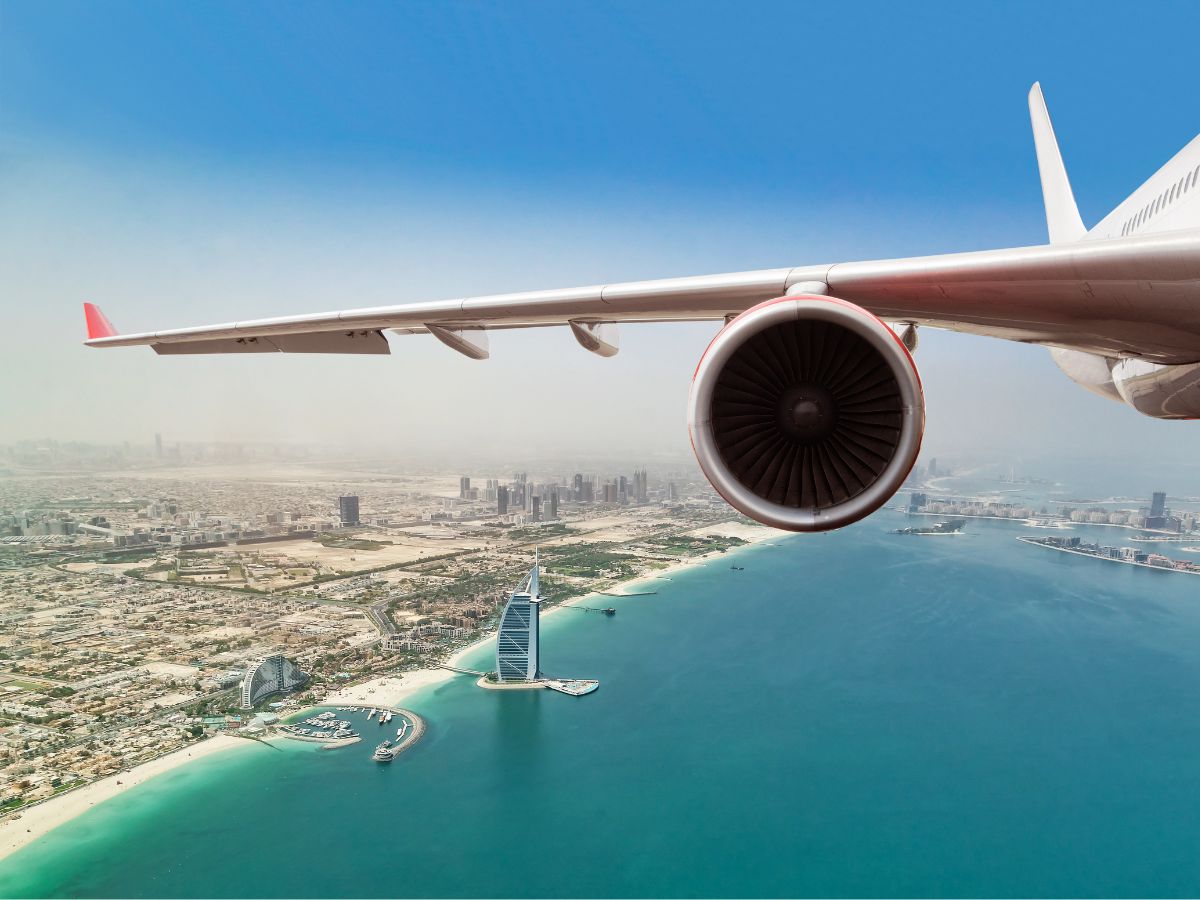Expat Benefits in Dubai
The Allure of Tax-Free Living and High Lifestyle
Expat Benefits in Dubai include attracting skilled professionals worldwide due to its tax-free living. The potential for increased personal wealth without deductions is enticing. Dubai’s no-tax policy, predominantly influenced by its oil-driven economy, appeals to skilled expats and global businesses, bolstering its diverse economic strength.
Unraveling Dubai’s Tax Framework
Though zero tax sounds ideal, it’s essential to delve into Dubai’s tax system. While the UAE lacks uniform federal tax laws, most rules and international accords span the Emirates. However, individual emirates might implement specific tax regulations.
Broad Overview of UAE Taxation
- Rental Taxes: In Dubai, residential tenants face a 5% tax on annual rent. This contrasts with Abu Dhabi’s 3% for expats and 0% for locals, and Sharjah’s universal 2%.
- Tourist Tax: Taxes include up to 10% on room rates, service charges, and municipality fees, 6-10% city tax, and a 6% tourism fee.
- Property Transfer Tax: Dubai levies a 4% tax, while Abu Dhabi charges 2%.
- Double Taxation Agreements: The UAE, as of 2018, has signed 115 treaties to combat double taxation and minimize other taxes.
Expat Benefits in Dubai: Tax Specifics
All UAE federal taxes apply to Dubai, with no income tax and national-level VAT. Some Dubai-specific taxes differ from the rest of the UAE. Expat Benefits in Dubai, such as the steadfast zero income tax policy, has been reaffirmed by significant figures like Sheikh Mohammed bin Rashid Al Maktoum. Hence, introducing individual income tax seems improbable soon. Yet, one’s tax-free privilege hinges on their tax residency.
Determining Tax Residency
Your tax duties hinge on your residency status. Expats often base their taxes on residency. A six-month Dubai contract might still tie you to your native country’s tax system. Owning Dubai property and gaining rental income may necessitate a declaration, influenced by your primary residency. Extended Dubai stays can offer total income tax exemption, but timing, aligned with varying tax years by country, is vital. Always seek professional advice.
Dubai’s Indirect Taxes
Though renowned for minimal taxes, Dubai imposes some:
- Alcohol Tax: 50% on imports and an extra 30% for licensed domestic consumption.
- Dubai Tourist Tax: 10% on hotel bills, varying from 7 to 20 dirhams nightly based on the hotel category.
- Council Tax: A concealed council tax might appear in utility bills, plus 10% and 5% municipality taxes.
- Dubai Departure Tax: Included in flight tickets.
- Toll Tax: 4 AED per toll booth.
- Government Service Tax: 10 AED each for knowledge and innovation duties.
- District Cooling Charges: Though not an official tax, these charges can exceed regular air conditioning costs.
- Mandatory Health Insurance: Introduced costs might neutralize potential tax savings.
- Value-added Tax (VAT): Introduced across the UAE in 2018, set at 5% with certain exceptions.
- Excise Duties: Started in 2017 for specific products like beverages and tobacco.
Therefore … Expat Benefits in Dubai? Yes, sure!
Earning a tax-free salary in Dubai, based on your residency, is possible. Still, other taxes might apply. Always consult an accountant for comprehensive personal tax advice.
Helpful links:
- Taxation – Official portal of the UAE Government
- Corporate tax (CT) – Official portal of the UAE Government





